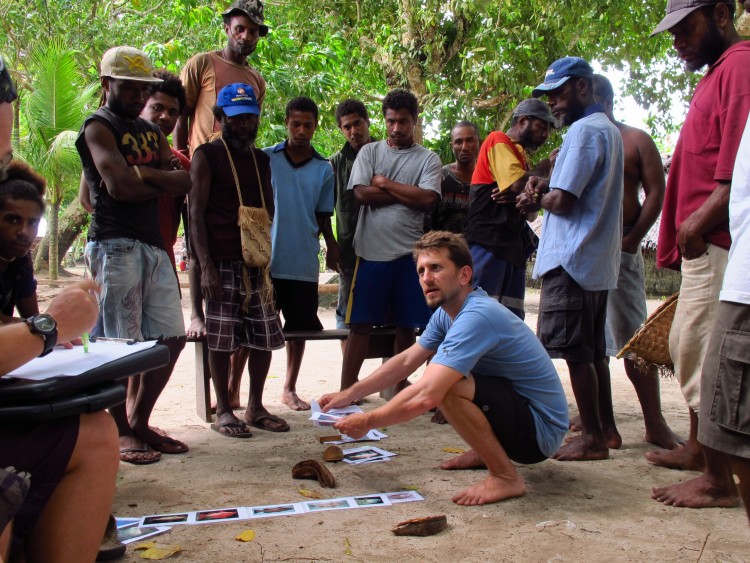Socio-economic Monitoring
People and coral reef ecosystems are inextricably linked: the ecosystem provides important services to local communities and industries, and ecosystem health is strongly influenced by human activities. Understanding these linkages is crucial for effective management of coral reefs. Socio-economic assessment and monitoring provide the knowledge that underpins good management decisions with information on the social, cultural, economic, and political conditions of individuals, households, groups, communities, and organizations. In the context of coral reef ecosystems, socio-economic assessment and monitoring can be used to determine historical and current patterns of use, values, resource-dependency, and perceptions of reef management.
Various methods can be used to gather social and economic data for use by coral reef managers, such as focus group interviews, household surveys, semi-structured key informant interviews, and oral histories. The technique used will depend on the objectives of the assessment, social context, and resources available.

Local fishermen being interviewed in Papua New Guinea. Photo © Tessa Hempson
The most widely used socio-economic monitoring protocol is the Socioeconomic Monitoring Initiative for Coastal Management (SocMon). SocMon works through regional and local partners to facilitate community-based socio-economic monitoring.
